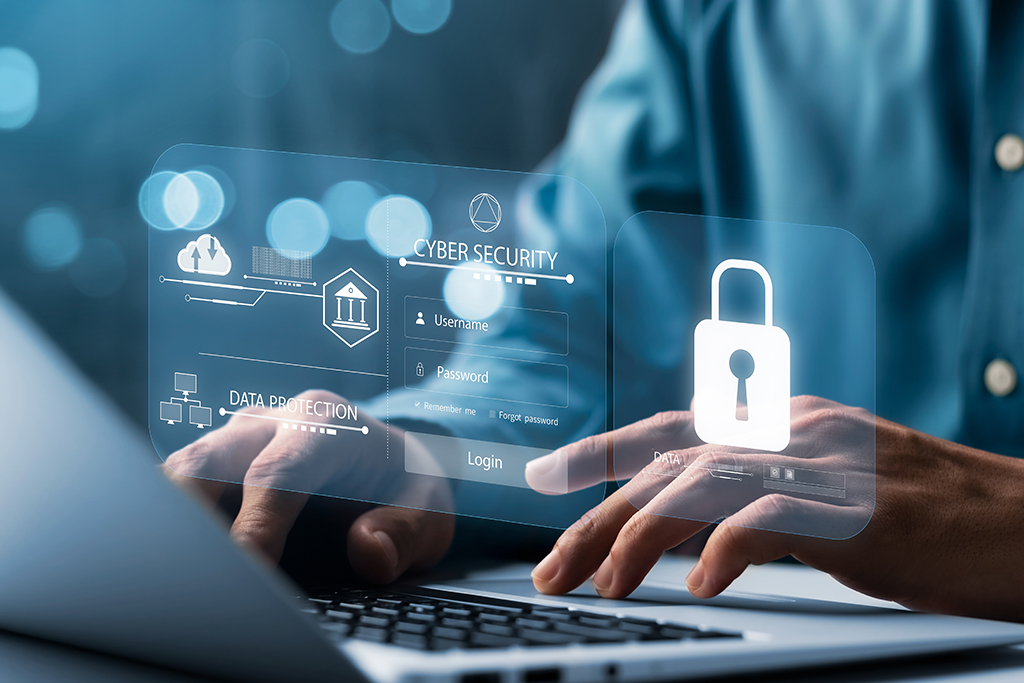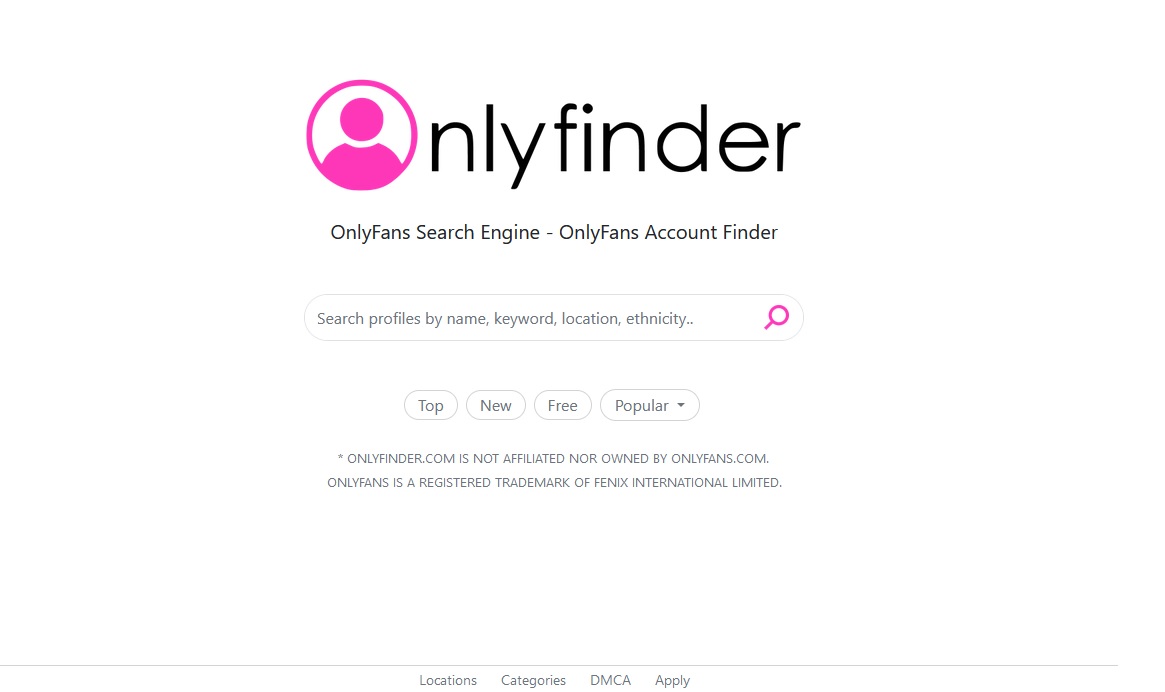By making a few modifications to your accounts and advice, you can remain secure from unwanted attempts by outside parties to access your data while also guarding your privacy against parties you have not agreed to share your information with. It does not take much work, here are the things you need to do to keep yourself and your online information safe.
Secure Your Accounts
Several companies have experienced password leaks and data breaches in the past decade. Countless companies were affected, including Yahoo, Target, Home Depot, Facebook, and Equifax. If you have online accounts, there is a possibility hackers have leaked data from one or more of them. To find out if any of your accounts have been compromised, visit Have I Been Pwned? And search for your email address. The platform will cross-reference your email address with recorded data breaches.
You can secure your account by using a password manager. Password managers create and allow you to remember complex passwords for all your accounts. They can also monitor your account to detect security breaches, sync your password across your phone and computer, and suggest replacing weak passwords with stronger ones. The next step is to use two-factor authentication if your account supports it. Most social media platforms and banks support this option. As the name suggests, it is a method that requires two authentication steps to access your account. The first is often a password and a verification code sent to you only.
Protect your Web Browsing
Websites and companies follow everything you do online. Every advertisement you see on social media and websites gathers information about your browsing habits, location, and more. The data collected reveals a lot more information about you than you would imagine. Even if you do not post your beliefs online or share your medical problems, the websites you regularly visit already have that information which they will then give advertisers to send targeted ads at you based on the kind of person you are.
To protect your web browsing you can use a browser extension such as uBlock Origin. It is an extension that blocks all adverts on the web, including the data they gather about you. The extension also blocks malware from running on your web browser. You can easily turn it off for trusted sites.
Disable interest-based ads from Twitter, Google, Facebook, and Apple. Many websites also allow you to opt out of data collection but you have to manually do that. Simple Opt Out makes it easier by providing direct opt-out links for multiple sites. Opting out will not completely get rid of the problem but it will make a bit of a difference. You can also install the HTTPS Everywhere extension which automatically forwards you to the secure version of a website you want to visit, but only if the site supports the feature. This makes it difficult for an attacker to eavesdrop on what you are doing, especially when you are using public Wi-Fi.
The third way to protect your browsing is by using a good VPN for Digital Nomads. If you often connect to public Wi-Fi, it will be useful as it adds an extra layer of protection when HTTPS is not available when browsing. VPN also gives you privacy from your Internet Service Provider by reducing IP address-based tracking. When you use a VPN, all your traffic goes through that company, so you are choosing to trust them over your ISP. Make sure that your VPN company is trustworthy.
Avoid Installing Sketchy Software
All weird applications, software, or browser extensions you install from a sketchy website are another potential security and privacy risk. The number of mobile apps that track your location wherever you go is countless, they also gather data about you without asking, including apps made for children.
Do not download just any software you come across online, only download reputable ones from their developer sites or official app stores. You also do not need most of the applications you have on your phone, getting rid of some of them will help. Once you have cleared the unused apps, go to settings and check app permissions to see the apps that have access to your microphone, contacts, location, and other types of data. Clear permissions that are not necessary like a notes app that is using your location because that does not make sense. Avoid free apps because if they are free then it is possibly gathering your data.
Apply the same to your computer, if you are not sure what to remove from your Windows computer, use Should I Remove It? It is a software that helps you to remove unnecessary software. There isn’t any software for Mac but you can see all your applications in the Applications Folder and remove what you do not need. If you find an application that you do not remember installing, find out about it on Google and delete it.
Use and Antivirus on Your PC
Viruses are not as common now as they used to be decades ago, but they are still around. Malicious software can wreak all sorts of havoc on your computer, from covert Bitcoin mining, to annoying pop-ups, and scanning for personal information. If you tend to click on random links or share a computer with others, antivirus software will save you a lot of trouble.
If you have a Windows 10 computer, you should use the built-in antivirus, Windows Defender. Windows Defender should be enough for most people. If you have an older erosion of Windows below Windows 10 then you will need an extra layer of protection. Malwarebytes Premium is an unintrusive antivirus software that works well together with Windows Defender and does not bombard your PC with notifications as most other antivirus tends to do. Mac users are generally okay with the macOS protections provided by default. As long as you download apps from the Apple Store and use only trusted browser extensions, your PC will be safe. Malwarebytes Premium is also available for Mac and for your phone, avoid antivirus altogether and only install trusted apps from official stores.








Add Comment